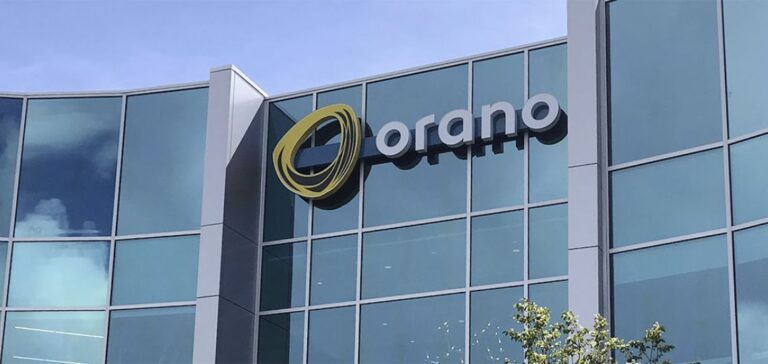On 25 March, the European Commission identified forty-seven industrial initiatives as “strategic projects” under the Critical Raw Materials Act (CRMA), a European legislative framework focused on securing critical raw material supply chains. Among these, six projects concern battery recycling, including the one led by French company Orano. It is the only project in France to have received this strategic designation.
Orano’s project is based on a hydrometallurgical process designed to recycle components from electric vehicle batteries. This technology is currently being tested at two pilot sites in Bessines-sur-Gartempe and at the French Alternative Energies and Atomic Energy Commission (CEA) in Grenoble. The aim is to establish a closed-loop industrial recycling operation in Dunkirk to serve its clients, in conjunction with its other NEOMAT CAM and PCAM projects developed with Chinese partner XTC New Energy.
Strategic support for industrial autonomy
The CRMA serves as an institutional response to tensions surrounding critical raw materials, which are often sourced outside Europe. Recognition of Orano’s project allows the company to benefit from a simplified regulatory environment, fast-tracked permitting procedures, and targeted financial support. According to Philippe Hatron, Director of the Batteries Programme at Orano, this designation validates the industrial potential of the project and its role in building a European recycling value chain.
Towards integration into the automotive action plan
On 5 March, the European Commission announced an industrial action plan for the automotive sector. This framework is designed to support initiatives contributing to material circularity, strategic independence within the European Union, and the relocation of key industrial segments. Orano expects that the measures outlined in this plan will complement the support already granted under the CRMA.
Orano’s strategy reflects an industrial shift towards in-house, high-value-added processes, in a context of increasing competitiveness over critical raw materials, particularly those linked to electric mobility.






















